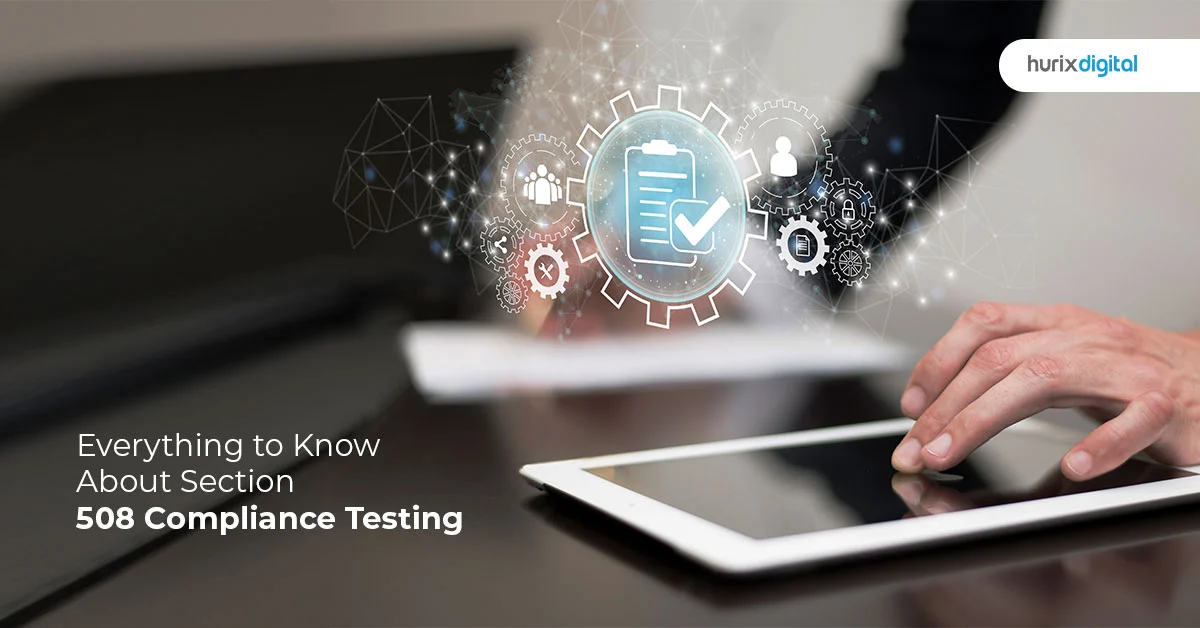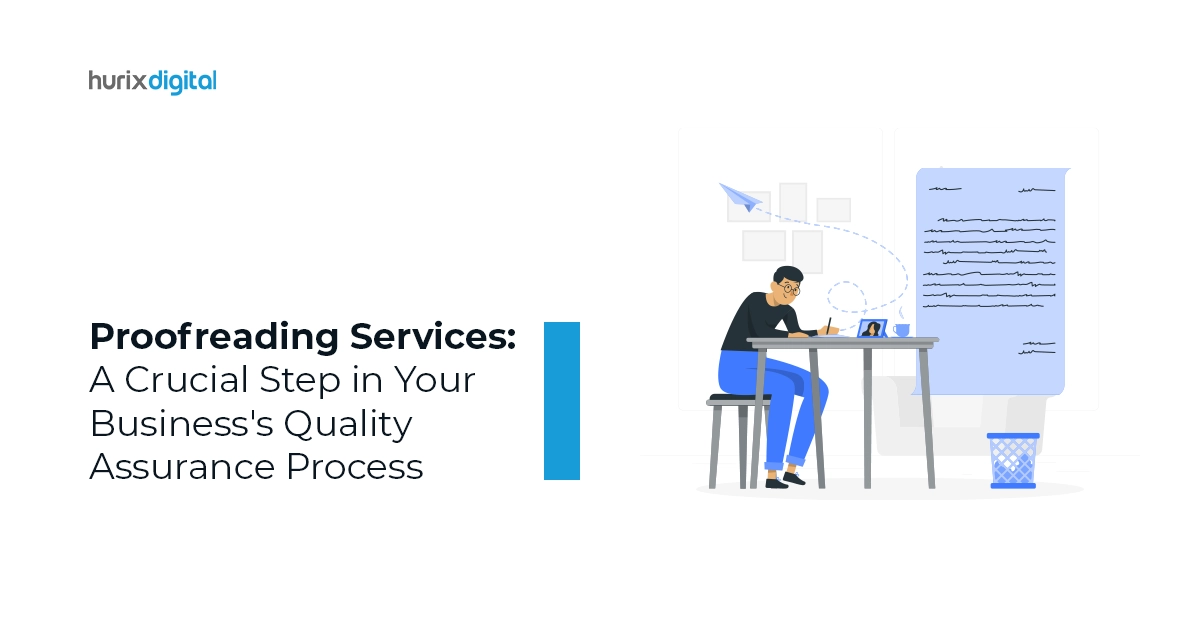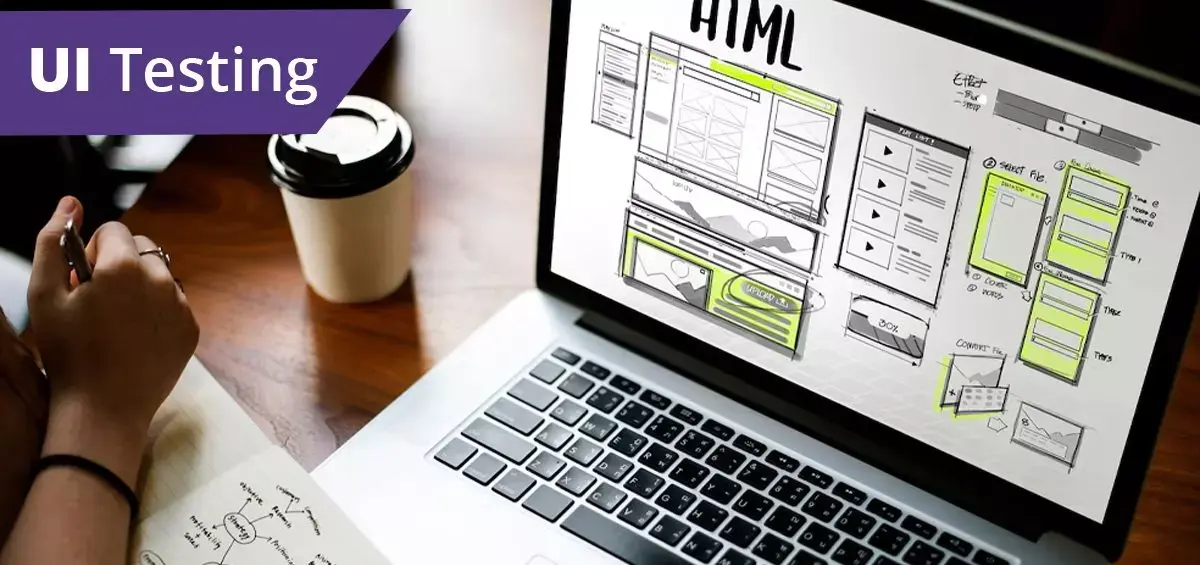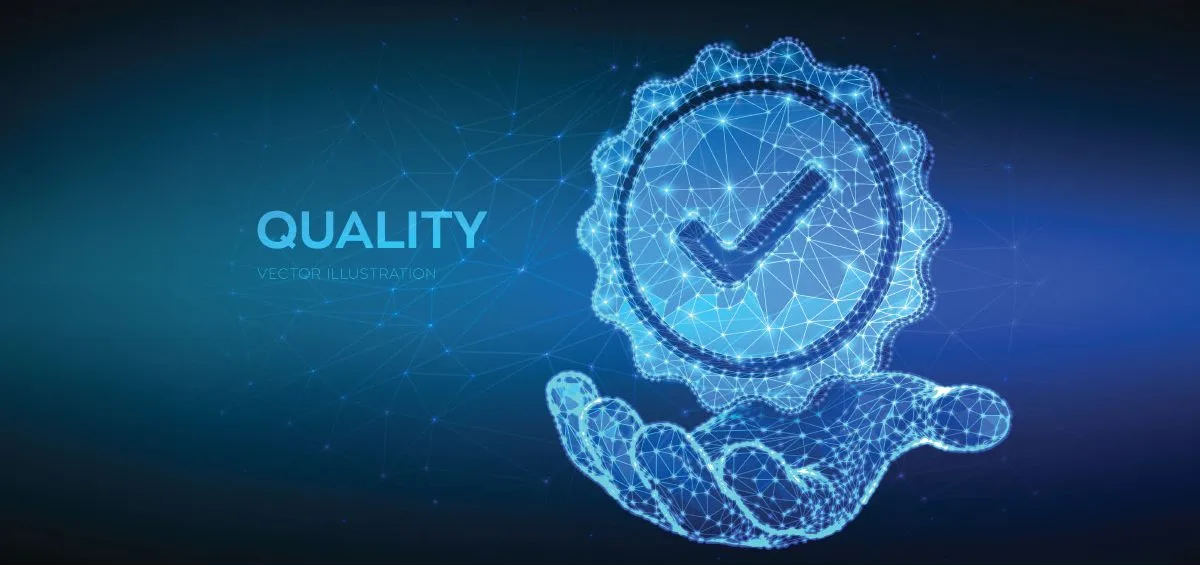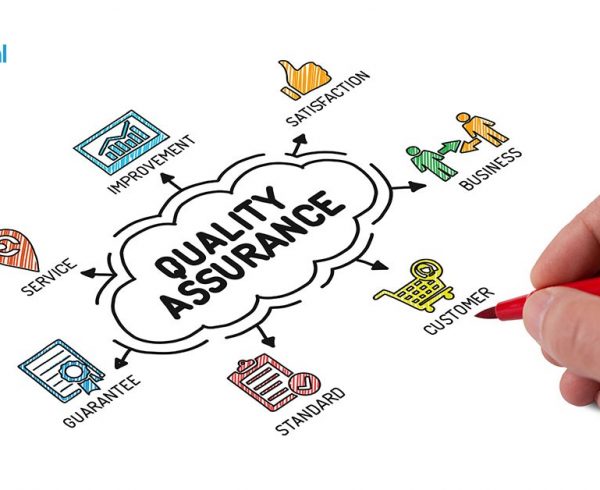It is crucial to ensure that technology goods and services are accessible to everyone in the modern digital era, including those with disabilities.
Every Electronic and Information Technology (EIT) created, acquired, maintained, or utilized by the federal government must comply with Section 508 of the Rehabilitation Act, a federal requirement.
Testing for Section 508 compliance assures that all users can utilize technology employed by the government.
Table of Contents:
- What is Section 508 Compliance?
- What are Section 508 Requirements?
- Does Every Website Need to Follow Section 508?
- Section 508 Compliance Testing Benefits
- Section 508 Compliance Checker
- What is Accessibility Agency?
- Wrapping Up
What is Section 508 Compliance?
The process of ensuring that technological products or services are accessible to all users, including those with impairments, is referred to as Section 508 compliance.
According to the legislation, everything EIT created, acquired, maintained, or utilized by the federal government must be handicap accessible. All federal agencies, contractors, and other organizations that offer services to the federal government are subject to the legislation.
Equal access to technology for those with impairments is ensured by Section 508 compliance. It includes providing access for a broad spectrum of disabilities, including visual, hearing, motor, and cognitive system impairments.
According to the legislation, technological goods and services must be created with accessibility in mind so that persons with disabilities may use them.
What are Section 508 Requirements?
Section 508 requirements cover a wide range of technology products and services, including software applications and operating systems, websites and web-based applications, telecommunications equipment, video and multimedia, and self-contained, closed products like kiosks and ATMs.
To be Section 508 compliant, technology products and services must meet accessibility standards. The standards are organized into several categories, including:
- Software Applications and Operating Systems
- Web-based Intranet and Internet Information and Applications
- Telecommunications Products
- Video and Multimedia Products
- Self-Contained, Closed Products
The accessibility standards include requirements for:
- Text alternatives for non-text content
- Captions and audio descriptions for multimedia content
- Keyboard accessibility
- Time limits for content
- Color contrast
- Device compatibility
- Error prevention and recovery
- Navigation and links
- Readability and simplicity
- Content organization
Does Every Website Need to Follow Section 508?
No, every website does not need to follow Section 508 of the Rehabilitation Act.
Section 508 applies only to technology products and services developed, procured, maintained, or used by the federal government. However, it’s important to note that other laws and regulations may require website accessibility.
For example, Title III of the Americans with Disabilities Act (ADA) requires that businesses provide equal access to goods and services, which includes websites.
Although websites not associated with the federal government are usually exempt from Section 508 compliance, they must ideally place a high priority on accessibility to be inclusive and provide everyone access.
Section 508 Compliance Testing Benefits
Businesses that develop, acquire, manage, or make use of technology-related products and services might benefit from 508 testing compliance in a variety of ways.
Some of the main advantages of Section 508 compliance testing are listed below:
- Expand Accessibility: Organizations may broaden their reach to include persons with disabilities by ensuring Section 508 compliance, which may enhance user engagement, customer loyalty, and revenue. This is especially important for government agencies mandated by law to provide equal access to technology products and services.
- Avoids Litigation: Failure to comply with accessibility laws and regulations can lead to legal challenges and expensive lawsuits. Section 508 accessibility compliance testing can help organizations identify and address accessibility issues before they become legal problems.
- Improves User Experience: Accessibility features, such as text-to-speech and captioning, can improve the user experience for all users, not just those with disabilities. By ensuring that their technology products and services are accessible, organizations can provide a better user experience for everyone.
- Enhances Reputation: Organizations prioritizing accessibility and Section 508 compliance can strengthen their reputation as inclusive and socially responsible. This can lead to positive publicity, increased customer loyalty, and improved brand image.
- Increases Market Share: By providing accessible technology products and services, organizations can tap into a large market of people with disabilities. According to the World Health Organization, over one billion people worldwide have a disability, representing a significant market opportunity.
- Promotes Innovation: Accessibility requirements can drive innovation and creativity in technology design and development. By designing technology products and services with accessibility in mind, organizations can create new features and functions that benefit all users.
Section 508 Compliance Checker
A tool that can assess the accessibility of technological goods or services is a Section 508 compliance checker. The instrument determines if the item or service complies with Section 508’s accessibility requirements.
The Web Accessibility Evaluation Tool (WAVE), the Section 508 Checklist, and the Section 508 Compliance Test are just a few online tools available to verify Section 508 compliance.
The compliance auditor assesses the good or service in comparison to the accessibility requirements and then compiles a report outlining any accessibility problems that need to be fixed. The appropriate adjustments can then be made using the report to assure compliance.
What is Accessibility Agency?
An accessibility agency can help organizations ensure that their technology products or services are Section 508 compliant. These agencies specialize in accessibility and can provide a range of services to help organizations achieve compliance.
Some of the services offered by accessibility agencies include:
- Accessibility audits and assessments
- Accessibility testing
- Accessibility training and consulting
- Accessibility remediation
- Accessibility monitoring and reporting
Accessibility agencies deeply understand the accessibility standards set forth by Section 508 and can provide expert guidance on achieving compliance.
Wrapping Up
To guarantee that everyone has access to technology, accessibility must be given top priority in all goods and services. Accessibility groups can assist businesses in Section 508 compliance testing by offering various services, including audits, training, rectification, and monitoring.
If you’re looking for a reliable partner to assist you with your Section 508 compliance testing needs, Hurix Digital is here to help. We are a leading digital content solutions provider that offers end-to-end accessibility testing and remediation services. Our team of experts uses the latest tools and techniques to ensure that your technology products and services comply with Section 508 and other accessibility regulations.
Contact us today to learn more about how an accessibility agency can help you achieve Section 508 compliance and make your technology products and services accessible to everyone.
References Links –
https://codemantra.com/section-508-compliance-testing-overview-and-checklist/
https://www.levelaccess.com/blog/section-508-compliance-testing-checklist/
https://www.testpros.com/accessibility/section-508-compliance-services/


